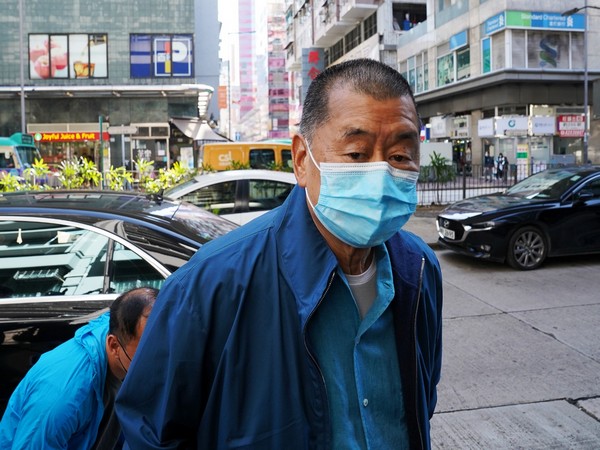The Trial of Media Tycoon Jimmy Lai: A Test of Judicial Independence
Jimmy Lai, a pro-democracy media tycoon in Hong Kong, faces a national security trial for allegedly colluding with foreign forces and publishing seditious material. The trial is seen as a test of judicial independence and has drawn international condemnation. Lai's lawyer argues for basic human rights and freedom of expression.

In a pivotal national security trial, the lawyer for Hong Kong media mogul Jimmy Lai asserted that advocating for individual rights is not a crime. Lai, the 77-year-old founder of the pro-democracy newspaper Apple Daily, faces charges of conspiracy to collude with foreign forces and seditious publication, charges he fervently denies. With potential life imprisonment on the line, the trial is widely considered a critical test of judicial independence in Hong Kong under China's national security law.
Lai, a vocal critic of the Chinese Communist Party, is among the most renowned figures prosecuted under the 2020 law, which followed mass pro-democracy protests. The United States and others have condemned the trial as politically driven, though Hong Kong and Chinese authorities maintain Lai receives a fair legal process.
In his final statements, Robert Pang, Lai's lawyer, emphasized that it is not a crime to defend free expression and human rights. Judge Esther Toh countered that actions taken by 'nefarious means' could be deemed unlawful, despite intentions. With the prosecution asserting overwhelming evidence of collusion, Lai's fate hangs as the panel renders its decision.
(With inputs from agencies.)
ALSO READ
Supreme Court Challenges Rahul Gandhi's Comments on China-India Conflict
Odisha Congress Chief Criticizes Supreme Court's View on Rahul Gandhi's China Remarks
Tug-of-War: China's Role in Reincarnation of the Dalai Lama
China and Hong Kong Stocks Rebound Amid Service Sector Revival
China's Financial Boost for Key Industrial Sectors










